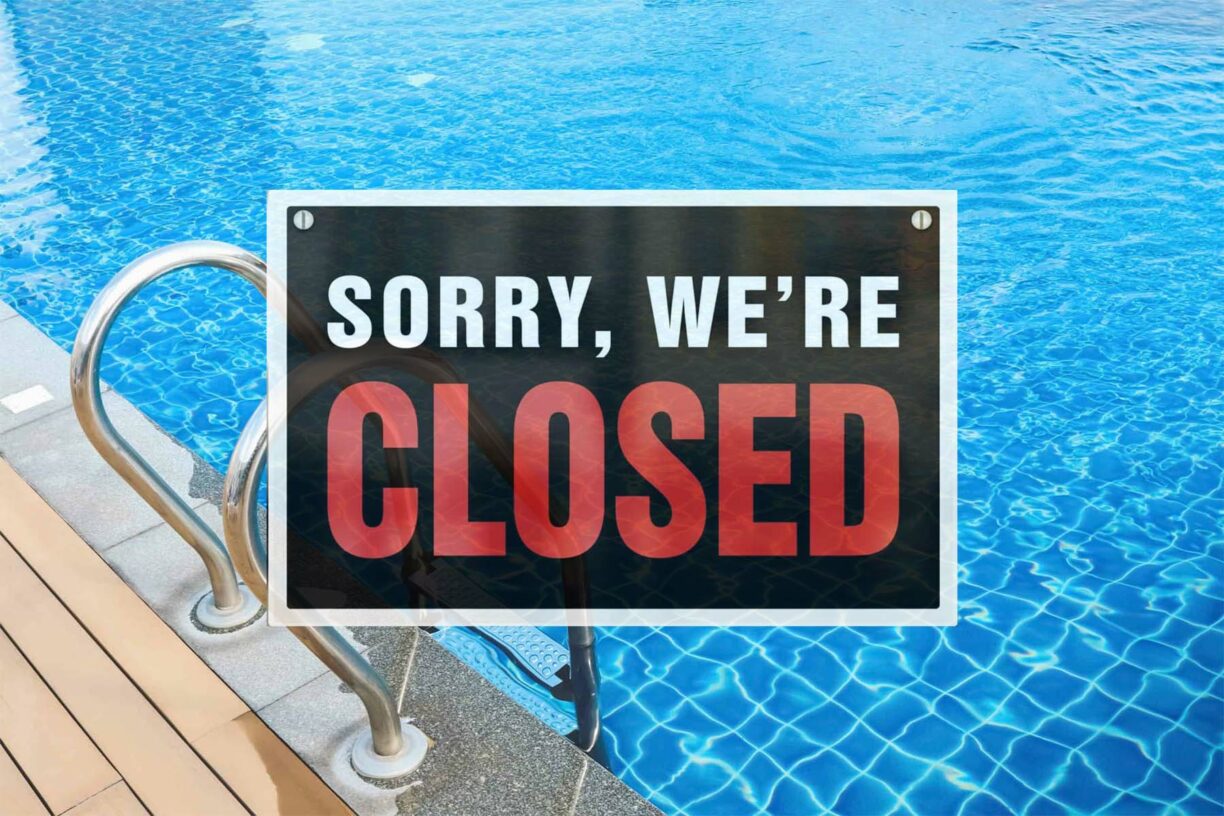Is worrying about money getting you down?
It seems barely a day goes by without another headline about the cost of living shooting up. Now, UK inflation has reportedly hit a 30-year high, reaching 5.5% in January – the highest levels since March 1992, when it reached 7.1%.
Soaring energy bills have already been highlighted, and according to the Office for National Statistics (ONS), the cost of clothes and footwear also pushed inflation higher last month. With increasing transport costs and supermarket prices all in the mix, it’s a worrying time for a lot of people.
Money and mental health
If you’re having a hard time with money worries, you’re not alone. Experts acknowledge that ‘financial health’ can play a big role in mental health. “Indeed, mental health and money problems are a two-way street, and sometimes that is hard to pinpoint,” says Dr. Jorge Palacios, a senior digital health scientist at SilverCloud Health.
“For example, feeling depressed or anxious may actually prevent you from doing proactive things such managing your finances better. You might have a reduced income due to mental health issues affecting the way you work. You may even overspend to get the brief high it brings, so as to counter your depressive mood. In all of these cases, it is the mental health issues causing or worsening underlying financial issues.”
It’s worth bearing in mind that while finding financial solutions might seem like the obvious focus, seeking mental health support could be an important part of the picture too. “Given the strong ties between mental health and money concerns, seeking support and treatment from mental health services or primary care providers, even if only to explore your symptoms and understand if they could be playing a bigger part than you expected, is key,” says Palacios.
This could help with understanding your own behaviours around spending if that is relevant for you. Or it could simply be to help you manage things like depression and anxiety. Speaking to your GP is a good place to start, or calling a mental health charity helpline, such as Mind or Samaritans, if you’d prefer quick anonymous support.
Where can you turn for money advice?
“Money worries, if not addressed, can affect our mental health, our [general] health, our ability to sleep and certainly our relationship with others,” says speaker, writer and money expert Jasmine Birtles.
It might be general financial worries or specific things like how you’re going to keep up with debt repayments or childcare costs as household bills go up. There are places you can turn to for information and advice, including judgement-free support on managing debts.
“I recommend that anyone who is starting to feel that sense of panic gets some help either from talking to friends or family (who are probably feeling the same anyway) or from one of the excellent free debt charities that are around,” says Birtles.
“Admittedly the debt charities are already busy, so you may have to wait, but they are great at helping people to budget, showing them where they can go to for financial and other help, and speaking to creditors on behalf of debtors if necessary.
Try Citizen’s Advice, National Debtline, StepChange, Christians Against Poverty and Community Money Advice for a start.
“Also, go to turn2us.org.uk to use their benefits calculator to see if you might be owed extra money. They also have access to grants that you might qualify for. At MoneyMagpie.com we have a monthly update of hardship grants too, so take a look there.”
A sense of control
When there isn’t much (or any) spare money at the end of the month, it can be hard to see how you could budget or save more. But even if it’s baby steps, being proactive can be very empowering, which in turn can boost your sense of financial confidence and help ease anxiety.
“There are a lot of tools around now to help [people] budget and even save money. Apps like HyperJar, for example, which helps you save money for essential (and non-essential) bills and even gives you 4.8% return on savings in it’s commercial ‘jars’.
Then there is Emma, Plum and of course the online banks like Monzo and Starling that help you budget and see where you have been spending,” says Birtles. “Just put ‘budget calculator’ into your search bar and a lot of online budgeting tools will come up too.
Now is also a good time to start reading the money pages in your daily paper or online news source. There are also videos aplenty on YouTube and TikTok showing you how to save and make money day-to-day.”
Karen Barrett, founder and CEO of Unbiased.co.uk, which matches people with trusted financial advisors (fees might apply but using the site is free), agrees it can be very empowering to “take stock”, even if you’re starting small.
“It is never too early or too late to take control,” says Barrett. “Whatever age or life stage you are at, look at your bank statements, pull together what you have and think about where you want to be. It might be something small like setting a weekly budget, or taking financial advice for life’s big moments – but don’t underestimate the impact of time. The earlier you think about your financial future, the better.”





